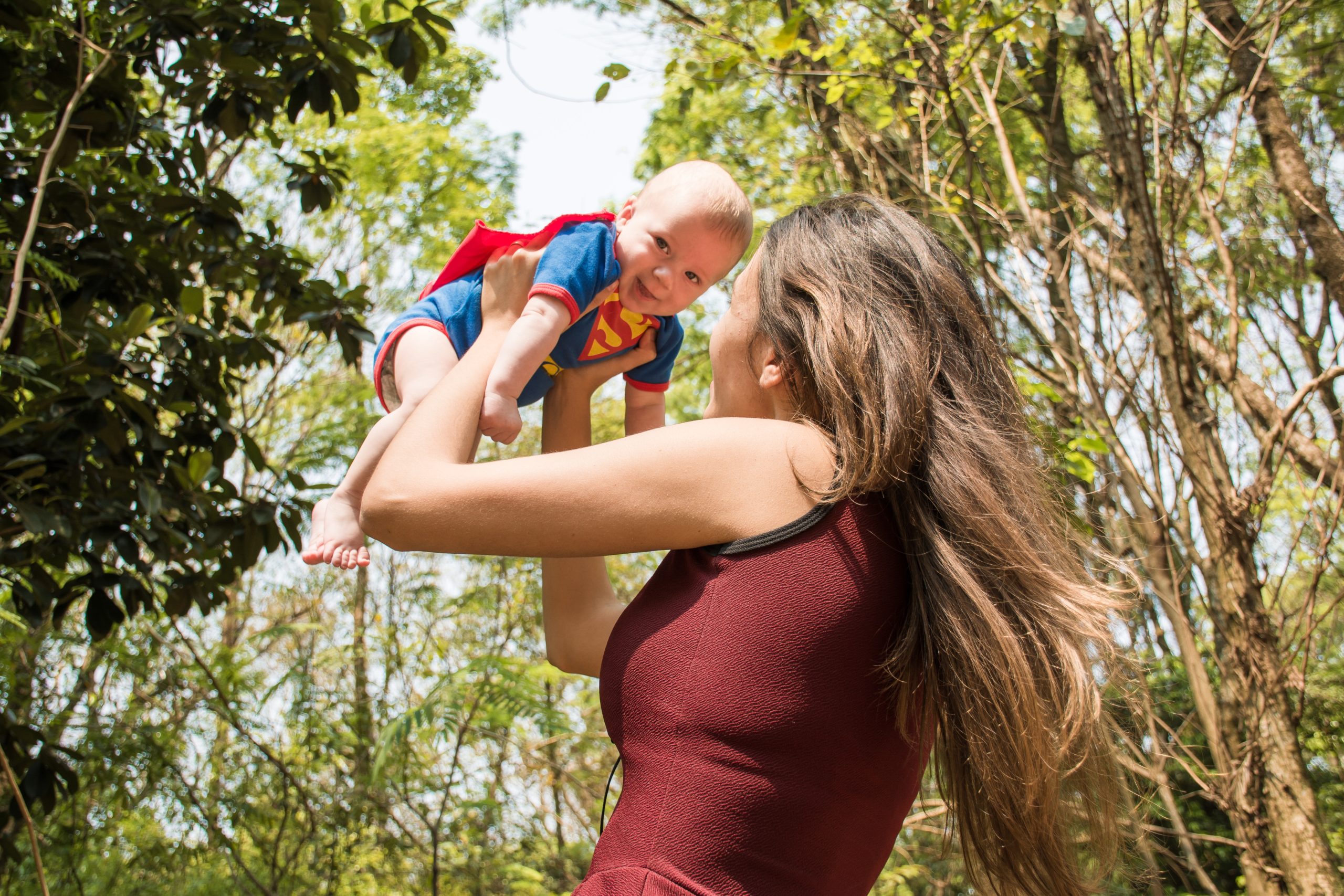There is no question that having children changes everything — and estate planning is no exception. If you and your spouse pass away or become legally incapacitated, and arrangements were never made in the event of such an emergency, your minor child or children will have to be placed with a new family. Not surprisingly, such a drastic change can be a disruptive process for minor children — even if they are placed with members of your family. If you choose a guardian for your child in your will or other estate plan documents this difficult time can go much more smoothly.
Who Makes a Good Guardian?
A guardian for your minor child “steps into” your shoes in the event you can no longer care for him or her. No one wants this to happen, but when a parent becomes incapacitated or dies, the minor child left behind will need care. Because a guardian plays such an important role in your family’s life, there are several factors to consider when choosing someone to take on this role:
- Shared values. It is best to choose someone who has a common level of religious belief. For example, if you are not the religious type you may have objections to someone who would expect your child to join and regularly attend church.
- Parenting style. Whether you run a tight ship at home or prefer a laissez-faire approach to raising children, choosing someone who will continue in your style is likely the best fit.
- Involvement. Someone who travels all the time will not be able to regularly show up to your kids’ soccer games, gymnastics meets, band concerts, and live theater performances — an important part of being a guardian to your children.
- Energy level. Having the stamina to be able to keep up with your child — especially during the younger years — is an important factor.
- Other children. While a potential guardian who already has children should not be a deal breaker, you should consider how adding more children into the family will affect the dynamic, particularly when it comes to the ages of the kids.
Other Factors to Consider
In the same manner that you can choose different individuals to manage the estate’s finances and your minor children’s day-to-day needs, you can also choose more than one guardian for your kids. You may want to assign one guardian per child, depending on your family’s circumstances. That being said, setting up guardianship this way may result in your children being separated from one another, which is usually not a good outcome. Choosing someone who has the resources to care for your children — even if you have left money behind for their care — should also be a factor to consider. Finally, choosing someone who is young enough to be able to care for your child through his or her adulthood, as well as someone who is in good enough health to withstand the challenges of raising a child, are important factors that should be taken into account.
Once you have made a decision on who will be your child’s guardian, contact an experienced estate planning attorney. We can draft the documents you need in order to make this legally binding, as well as create an estate plan that suits your family’s needs and will protect your loved ones in the event you are no longer able to do so yourself.





0 Comments